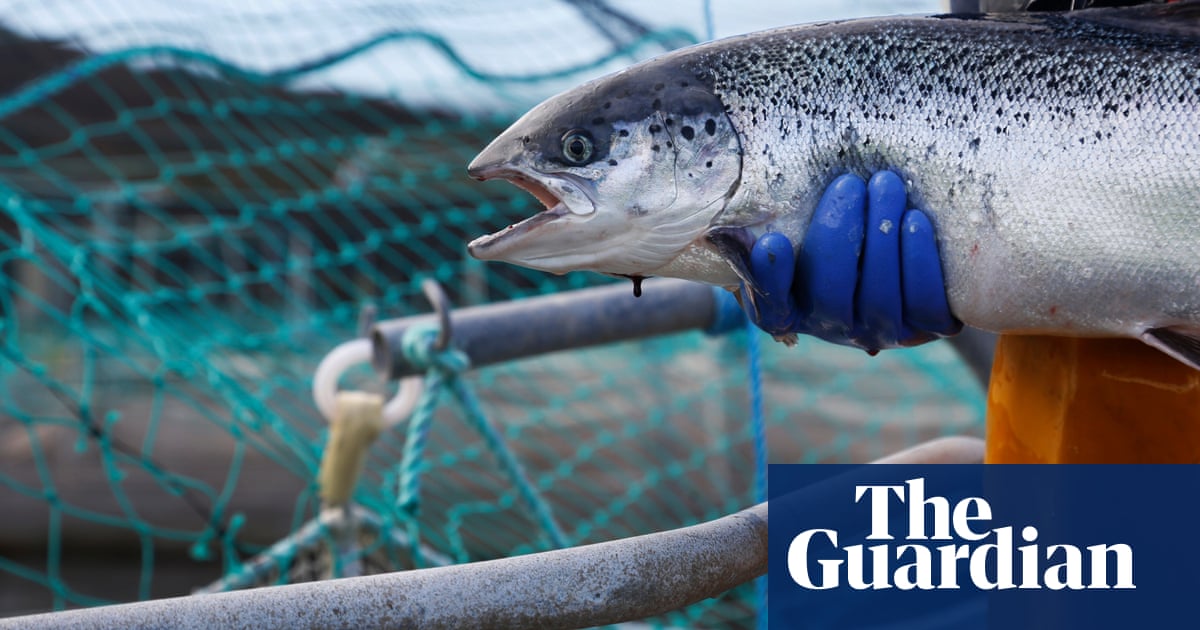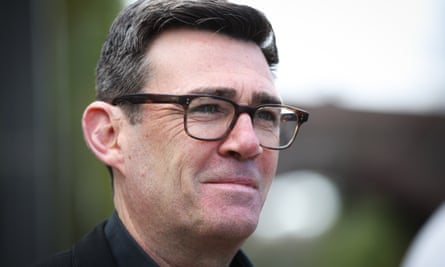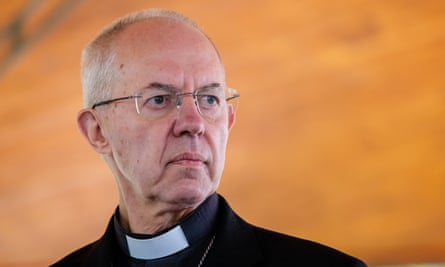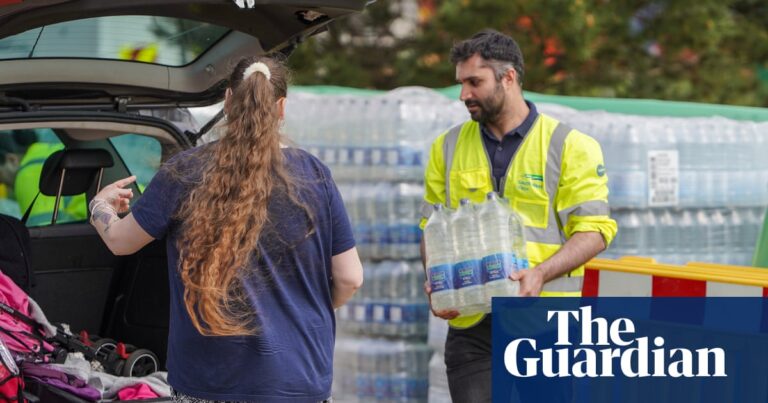
The organization in charge of certifying organic food in the UK has been accused of providing false information to customers about the labeling of Scottish farmed salmon.
Thirty organizations focused on charity, conservation, and community, such as WildFish, the Pesticide Action Network, and Blue Marine Foundation, have expressed concerns about the harmful effects of the fishing industry in Scotland. They argue that these impacts go against the principles of the Soil Association, which promotes healthy, ethical, and environmentally-friendly food.
A group has written an open letter to the association in charge of updating organic fish farming standards. The group urges the association to remove its certification of Scottish salmon and trout farms, stating that it is an unacceptable form of “greenwashing” for an unsustainable industry.
In December, Chris Packham, a broadcaster and presenter, urged for a stop to the expansion of salmon farming in Scotland. This was due to reports showing a significant increase in mortality rates for farmed salmon in 2023. As the president of the Royal Society for the Prevention of Cruelty to Animals (RSPCA), Packham stated that the industry has a negative impact on fish welfare and the environment of Scotland.
Organic salmon farms certified by the Soil Association must demonstrate methods for reducing their impact on the aquatic ecosystem and abide by population density limits that are stricter than those set by other standards, such as the RSPCA standard.
According to Rachel Mulrenan, the director of WildFish in Scotland, the term “organic” used for Scottish salmon is inaccurate. The fish are farmed in the same manner as all other Scottish farmed salmon, in open-net cages that allow waste from the farm, including feces and leftover feed, to flow directly into the nearby lochs and sounds.
According to her, salmon farms that were certified as organic were authorized to utilize extremely harmful chemicals, potentially harming the nearby wildlife. She also alleged that they utilized wild-caught fish for feed and to control parasites, but the effects on the environment were uncertain.
The practice of intensive salmon farming can lead to the proliferation of parasites such as sea lice and other diseases, which can pose a threat to wild salmon populations if farmed fish are able to breed with their wild counterparts.
According to a report released by WildFish in the previous year, titled “Responsibly Farmed?”, a salmon farm certified by the Soil Association allegedly used excessive amounts of the chemical pesticide deltamethrin, known for its high toxicity to marine life.
The organizations stated that the revised guidelines for fish farms, put forth by the Soil Association in their survey, still allowed the usage of harmful substances like deltamethrin. They also failed to address worries about the industry’s high death rates, which suggest an unsustainable practice.
Over 160 chefs and restaurants, along with 50 community groups, charities, and NGOs, have partnered with WildFish’s Off the table campaign to eliminate farmed salmon from their menus.
Claire Mercer Nairne, the owner of supporting Perthshire restaurant The Meikleour Arms, said: “Many well-meaning restaurants serve farmed salmon because of reassuring organic certification. Organic for most people means better for the environment, but unfortunately in this instance that could not be further from the truth.”
A representative from the Soil Association stated that farms displaying the organic logo are required to adhere to rigorous regulations in order to reduce their impact on the environment and prioritize the welfare of animals. They must also demonstrate that they take immediate action when any issues arise.
“We acknowledge that there is still a lot of progress to be made in enhancing fish farming. This is why we are collaborating with the industry to promote advancements.”
The representative stated that the organization has certified 20 fish farms in the United Kingdom and their regulations are having a broader influence as they are being implemented by the non-organic industry.
The Soil Association expressed worry over the effects of chemical treatments for parasites, specifically mentioning deltamethrin. According to a spokesperson, its use as a medication is heavily regulated. Farms are required to show that it is only used as a last resort to safeguard the well-being of the fish and with minimal harm to the environment.
The CEO of Salmon Scotland, Tavish Scott, stated that Scottish salmon farmers adhere to the top global standards and will continue to use third-party certification, such as organic certification, to maintain the high quality of Scottish salmon. He also mentioned that they will not allow a few activist groups based in urban areas to jeopardize their global success.
Source: theguardian.com


















